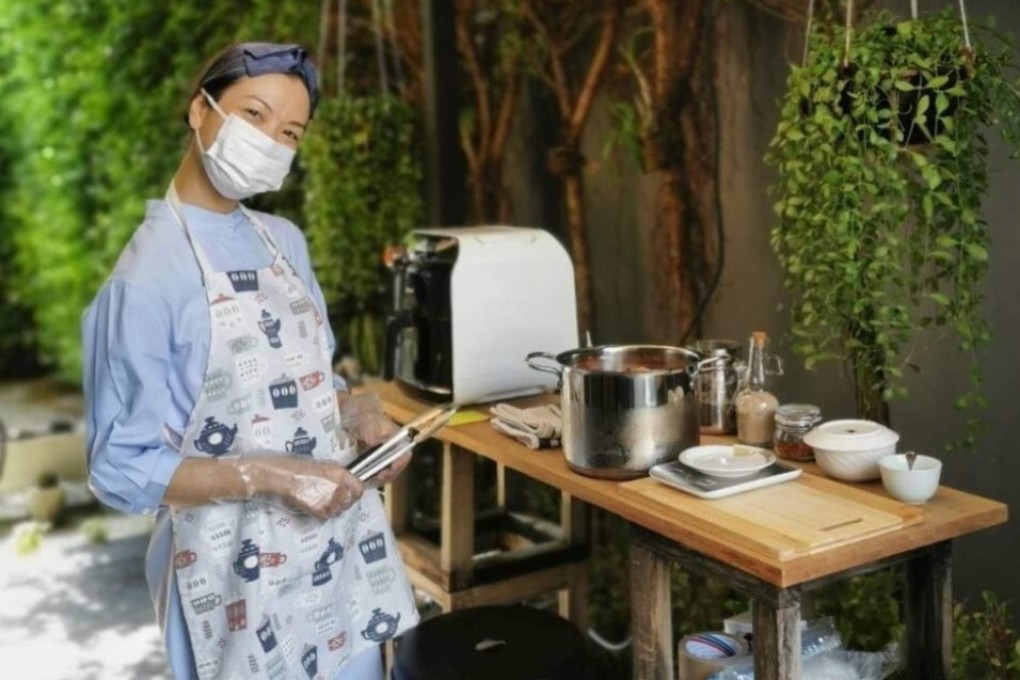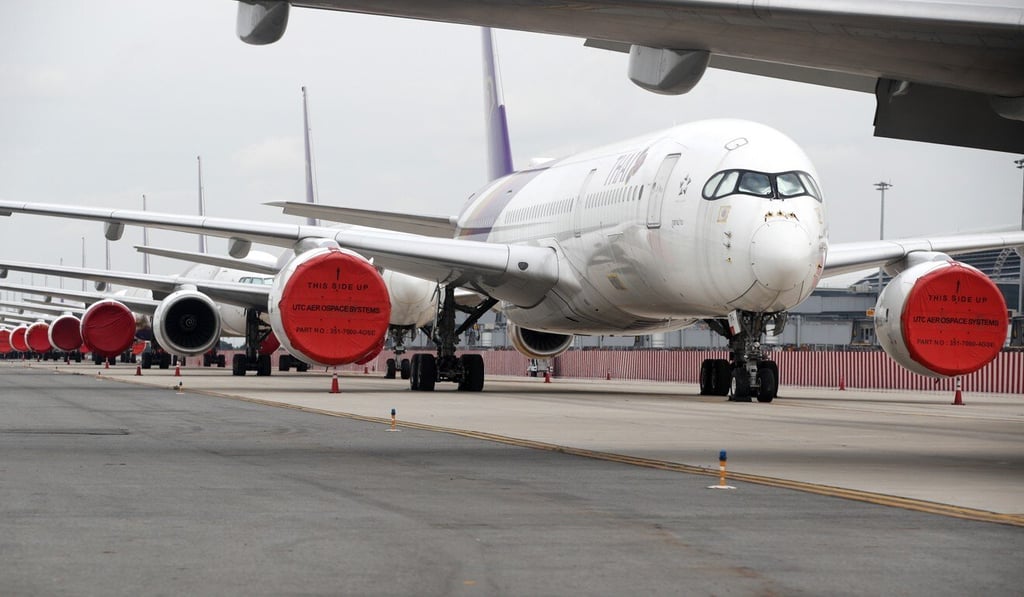Advertisement
In Southeast Asia, young people see a silver lining in e-commerce amid Covid-19 job slump
- Despite being hit by the Covid-19 pandemic, the region continues to have a growing middle class with strong purchasing power
- With data showing young people are particularly vulnerable during a downturn, some are becoming their own bosses to circumvent the uncertainty of the job market
Reading Time:6 minutes
Why you can trust SCMP

For over a decade, Tidaporn Potisai served customers with a smile at 38,000 feet in the air. Today, the former flight attendant continues to do so on land with a mean bowl of kor moo yang (Thai grilled pork).
After Covid-19 struck and flights were grounded, she decided in May to turn her cooking hobby into an online business. It turned out to be a hit – she receives anywhere between 50 to 100 daily orders from all parts of Bangkok.
“It was really hard to make the decision to quit the job I love,” said Tidaporn, who is in her 30s. “But it’s been six months since we had flights, so my husband suggested selling kor moo yang.”
Advertisement
Like her, more young adults in Southeast Asia are becoming their own bosses – an enterprising spirit born out of the pandemic. With jobs slashed due to the economic downturn, youth unemployment has been rife. However, young people have rallied to seize opportunities that have emerged from the crisis.

Advertisement
In the growing middle class of the Association of Southeast Asian Nations (Asean), younger entrepreneurs are eager to tap a market with strong purchasing power despite the virus-hit economy. As digital penetration jumps, with more people working from home, there is growing confidence of strong demand for fast-moving consumer goods (FMCG) and other services online.
And for a generation that practically lives in the digital sphere, the low barrier of entry into a familiar realm represents their best chance to succeed in an uncertain period.
Advertisement
Select Voice
Choose your listening speed
Get through articles 2x faster
1.25x
250 WPM
Slow
Average
Fast
1.25x